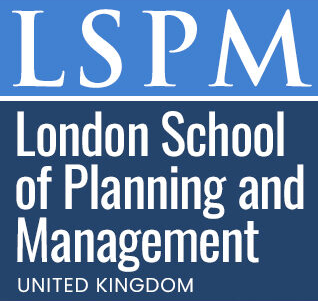Certificate Programme in Predictive Fraud Detection and Prevention
Published on June 28, 2025
About this Podcast
HOST: Welcome to our podcast, today I'm thrilled to have Dr. Jane Smith, an expert in fraud detection and prevention. She's here to discuss her course, "Certificate Programme in Predictive Fraud Detection and Prevention." Hi Jane, it's great to have you! GUEST: Hi, thanks for having me! I'm excited to share some insights about the course and the fascinating world of fraud detection. HOST: That's wonderful! First, could you tell us about your personal experiences related to predictive fraud detection? What sparked your interest in this field? GUEST: I started my career as a data scientist and soon realized that applying machine learning and data analytics to combat financial crime was both challenging and rewarding. I became passionate about developing cutting-edge methods to detect and prevent fraud, protecting both individuals and organizations. HOST: It's a crucial area, indeed. Now, let's discuss current industry trends. What are some key developments that students in your course can expect to learn about? GUEST: We cover the latest advancements in machine learning, such as deep learning and natural language processing, to help students understand how these technologies can be applied to detect and prevent fraud. Additionally, we focus on regulatory compliance, ensuring that participants understand the legal landscape of the industry. HOST: Speaking of challenges, what are some obstacles you've encountered in teaching this subject, and how do you help students overcome them? GUEST: One challenge is making complex machine learning concepts accessible to students from various backgrounds. To tackle this, we use real-world examples, case studies, and hands-on projects that make learning engaging and practical. HOST: That's a great approach! Looking forward, what do you envision for the future of predictive fraud detection and prevention? GUEST: I believe that as technology advances, so will the sophistication of fraudulent activities. Therefore, continuous learning, staying updated on new techniques, and adapting to emerging trends will be crucial for professionals in this field. HOST: Thank you, Dr. Smith, for sharing your insights and experiences with us today. It's been fascinating to learn more about the "Certificate Programme in Predictive Fraud Detection and Prevention" and the essential work you're doing in this high-demand field. GUEST: Thank you for having me! It's been a pleasure sharing my thoughts and experiences with your audience.
